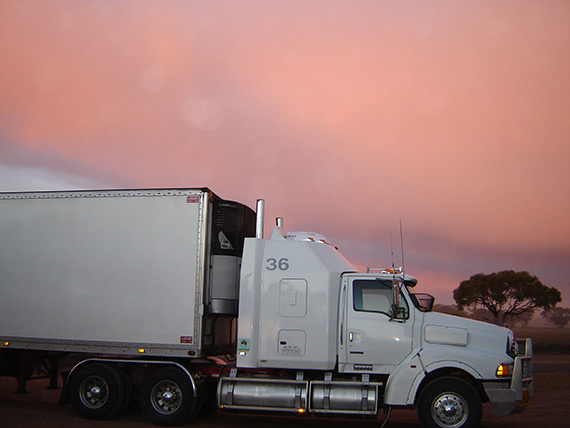

Get in touch with us today.
Contact a Bowermaster and Associates representative today and we will connect you with one of our insurance brokers.
888.825.4322
By Anthony Tellers, Bowermaster and Associates Regional Vice President

Southern California is a magnet for all kinds of criminals, burglars, scam artists, and highwaymen. Combine this with the massive amounts of cargo moving through the area and you have a dangerous recipe for violence and loss. The Los Angeles-Long Beach port complex - the nation’s busiest – each year handles more than 5 million shipping containers, with cargo valued in excess of $170 billion. Los Angeles International Airport ships 78% of the Western states’ air cargo. Lesser amounts move through Ontario and Orange County airports and the extensive railway system adds to the transportation indigestion. Moreover, thousands of individual commercial enterprises use their own trucks to ship to each other on Southland freeways.
The Los Angeles Police Department says the hottest merchandise on the black market includes lap top computers and computer chips, baby formula, disposable diapers, frozen seafood, toilet paper, clothing, dog food, and cigarettes. All can be easily sold at small retail outlets. Other recent cargo thefts involved electric razors, sleeping bags, athletic shoes, cereal, chrome auto wheels, basketballs, and tires.
The drivers of these trucks are in danger. Many are physically accosted, threatened with weapons, doused with pepper spray, and left at the scene either wrapped in duct tape or handcuffed.
When cargo has been stolen, many business owners will look to their insurance policy for help. Many property policies will provide some automatic coverage for property in transit. Analyze this carefully – these built-in enhancements may or may not fit your situation:
Even with the rash of cargo thefts, insurance carriers are still willing to provide coverage for customers that pay attention to detail. Discuss how to protect your delivery with your drivers and make the securing of your cargo part of your fleet safety program.


Contact a Bowermaster and Associates representative today and we will connect you with one of our insurance brokers.
888.825.4322